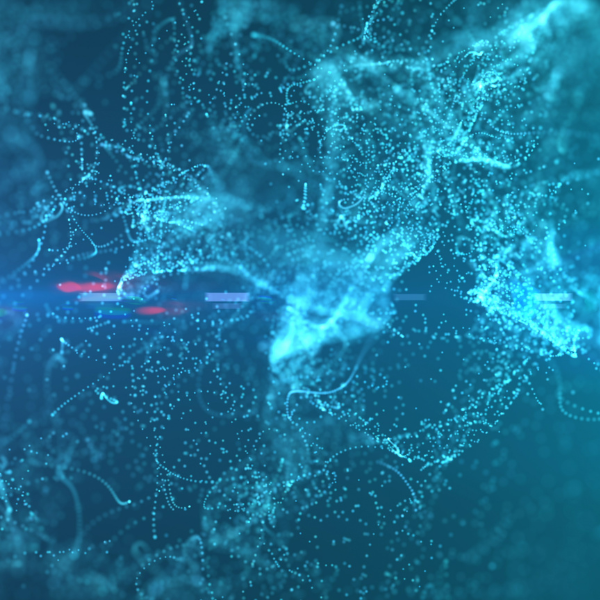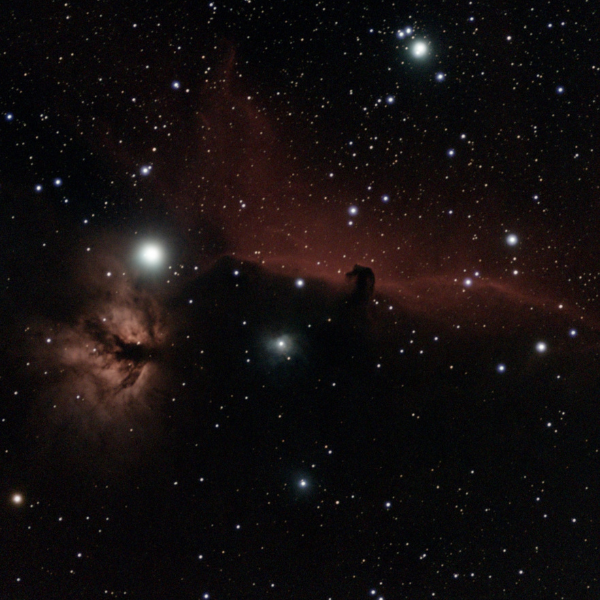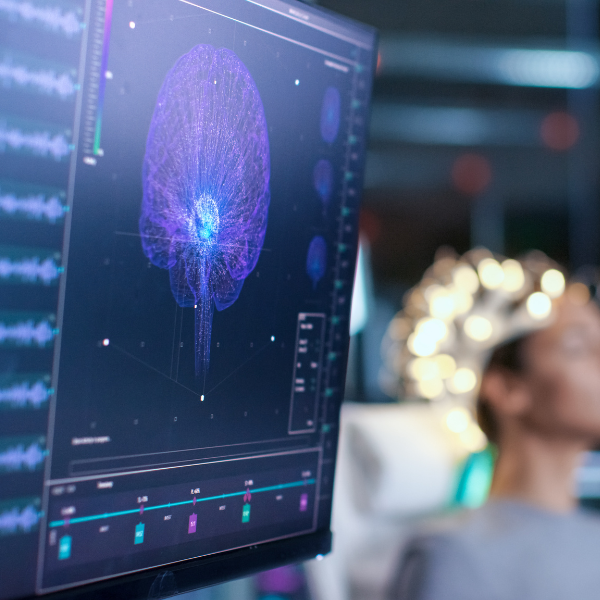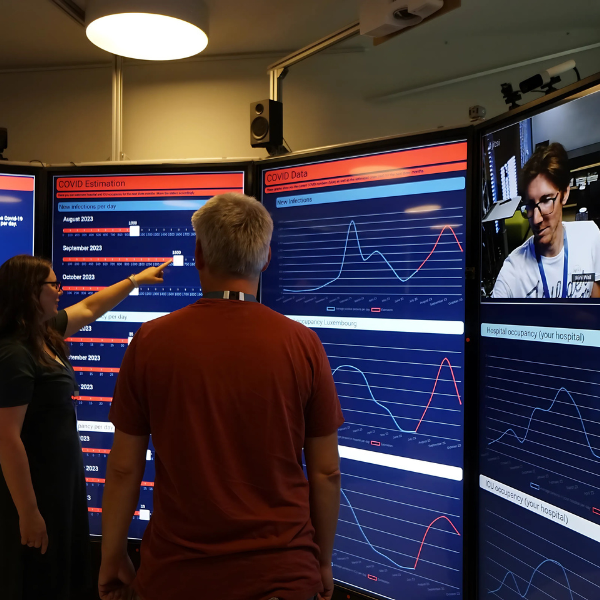IT
LIST is home to 100 IT scientists and engineers performing research and innovation activities to support the digital transition of private and public organisations to take advantage of emerging digital ecosystems based on the smooth interplay of data, physical devices, infrastructures and people. LIST researches and develops novel ICT solutions to efficiently manage their operations, and help them taking better decisions, in a context of increasingly demanding regulation and the need for a certain level of acceptance to achieve a competitive advantage.
To fulfil this aim, we develop methodologies, architectures, models, algorithms, software tools, and integrated IT-based systems to achieve a more efficient, optimised, robust, scalable, secure, trustworthy and user-friendly utilisation of data and information technologies both for fully automated systems and for systems with humans in the loop.These activities are supported by an AI, data analytics and visualisation Technology Infrastructure.
Our expertise relates to:
- Responsible Data Science and Analytics with a focus on Digitalisation of Cyber-Physical-social systems
“How to best combine the power of computers and the human capabilities to take better, faster, more robust, fair and trustworthy decisions in our increasingly complex and changing world?”
- Reliable Distributed Systems with a focus on Robustness and Resilience of interconnected digital systems
"How to combine the latest strategic fields on computational, networking and operational research to develop trustworthy data and network enabled next generation of interconnected digital systems?”
RESEARCH units
Responsible Data Science & Analytics Systems / Reliable Distributed Systems / Software Engineering RDI Unit
PRIORITY AREAS
LIST is focusing on the 6 following “innovation lines”, (a concept inspired by product and solution lines in the industry, which are about coordinating a number of core technology building blocks to build functional prototypes, and sometimes solutions, meeting the exacting requirements of a specific market) :
- 6G,
- Automated Process-Based Systems,
- Digital Twin Technologies,
- Digital Upskilling for Industry 5.0 and Services,
- Explainable AI Regulatory Sandbox,
- Interactive Technologies for Critical Incidents
Equipment and facilities
LIST is managing and operating:
- AIDA, its Artificial Intelligence, Data Analytics and visualisation technology infrastructure, featuring a mix of proprietary (IBM) and open-source (HDP) technologies as well as the Viswall, a large-scaled interactive visualisation wall.
- CEL, its cognitive environment lab enables the simulation of different environments with augmented or virtual reality and is equipped with a controlled experiment room with observation, actuation and feedback tools, such as AR/VR and tangible tables.
We are active in and collaborate with international networks such as the Z-Inspection® for Trustworthy AI Initiative and Affiliated Labs, offering support to organizations in delivering responsible, trustworthy AI solutions. A detailed view on the process and method, as a framework for assessing AI solutions, building on EC’s Ethics Guidelines for Trustworthy AI, cf. definition of the High-Level Expert Group on AI, can be found via IEEE Transactions on Technology and Society. The Z-Inspection® process is listed under the OECD Catalogue of AI Tools & Metrics, and is distributed under the terms and conditions of the Creative Commons license (Attribution-NonCommercial-ShareAlike CC BY-NC-SA).
Please contact us for any additional information on the process or if interested to conduct an Assessment for Trustworthy AI.























































































